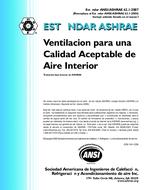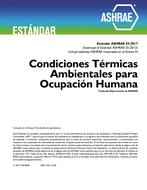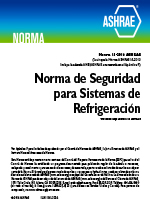Description
Developing a simplified method for calculating the heat loss of building elements in direct contact with the ground has been pursued in various venues for the last 30 years. A great deal of effort has been put into describing guidelines and detailed calculation procedures for these effects. Typically these methods require explicit treatment within simulation models. These methods were either too complicated or too generalized to be useful in the development of simple trade off energy code paths and performance standards.
This paper documents work conducted from 1987 through 1992, to develop a series of calculated heat loss rates associated with ground contact (slabs, basements, crawlspaces) in Pacific Northwest residential buildings. The method develops a seasonal estimate that can be used in lieu of a steady state heat loss coefficient in simplified performance tools or building component tradeoffs. The result is a set of detailed tables with factors for a range of insulation options applicable to residential construction in the region.
The procedure for developing these ground heat loss rates used a finite element simulation to describe ground contact and then normalized heat flows by seasonal air temperature differences to get factors comparable to other above grade heat loss factors. Basements and slabs were addressed in the work and the result is a series of tables used in the Washington and Oregon state energy codes for the last 15 years, as well as in regional utility programs.
The convenience, in the code context, of having below grade factors that can be traded with above grade factors has resulted in the use of these factors far beyond the intended purpose. The factors have been adopted in ASHRAE Standard 90.1 for residential and non-residential buildings. This paper documents this process and explains the mathematical and theoretical underpinnings of the original analysis.
Presented at Thermal Performance of Exterior Envelopes of Whole Buildings X – December 2007
Units: I-P
Citation: Thermal Performance of Exterior Envelopes of Whole Buildings X
Product Details
- Published:
- 2008
- Number of Pages:
- 9
- File Size:
- 1 file , 6 MB
- Product Code(s):
- D-BldgsX92




